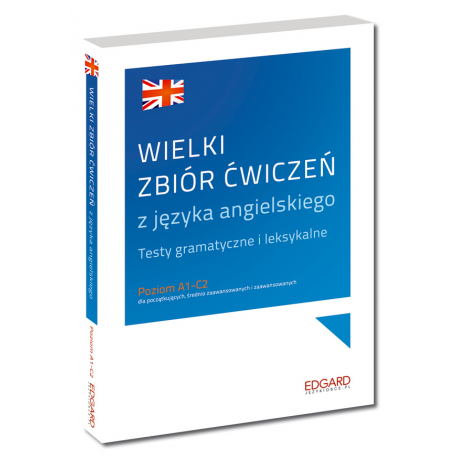




Spójniki - Linking words
Spójniki są niezbędnym elementem, gdy chcemy by nasza wypowiedź była jasna i klarowna.
Można je podzielić na kilka grup:
1.Dodawanie do głównej myśli
2.Zdania względne
3.Porównywanie
4.Wyrażanie powodu
5.Wyrażanie rezultatu
6.Narracja
7.Wyrażanie celu
8.Wyrażanie opinii
9.Podawanie przykładów
10.Podsumowanie
11.Podkreślanie czegoś
Można je podzielić na kilka grup:
1.Dodawanie do głównej myśli
| and, | as well as |
| besides | Moreover, |
| Furthermore, | What is more, |
| In addition, | not only .... but also |
2.Zdania względne
| who | where |
| that | which |
| whose | to whom |
| when | what |
| why |
3.Porównywanie
| but | However, |
| Although | despite |
| In spite of | Nevertheless, |
| On the contrary, | on the one hand |
| on the other hand, | whereas |
| whilebut | while |
| In contrast, | Neither...nor |
4.Wyrażanie powodu
| because | as |
| since | This is why |
| because of | Due to |
| Owing to | For this reason, |
5.Wyrażanie rezultatu
| so | so....that |
| such a...that | Therefore |
| Thus | Consequently, |
| As a result, | too...for/to |
| not enough...for/to |
6.Narracja
| First (of all) | At first |
| At the beginning | In the beginning |
| then | next |
| Before | After |
| After that | afterwards |
| When | While |
| during | Soon |
| prior to | immediately |
| Once | Suddenly |
| As soon as | on |
| No sooner....than | Hardly...when |
| Finally | Eventually |
| At the end | In the end |
| At last | To begin with, |
| until |
7.Wyrażanie celu
| to | so as to |
| in order that | so that |
| for (Non-specific) |
8.Wyrażanie opinii
| I would say that | In my opinion, |
| I think (that) | I believe (that) |
| Personally | Apparently, |
9.Podawanie przykładów
| for example, | for instance, |
| For one thing, | this includes |
| such as e.g.. (for example) | i.e. (that is) |
10.Podsumowanie
| All in all | overall |
| generally | In conclusion, |
| on the whole | in the main |
| To sum up, |
11.Podkreślanie czegoś
| especially | particularly |
| Naturally, | exactly because |
| above all | Whatever |
| Whenever | too / enough |
| The more .... |
Tagi: angielski, gramatyka, gramatyka angielska, język angielski, nauka angielskiego, spójniki
Zaproponuj zmianę

|
Wielki zbiór ćwiczeń z języka angielskiego (Książka)
Wzbogacaj słownictwo i doskonal gramatykę w praktyce |



 Angielski
Angielski
 Arabski
Arabski Chiński
Chiński Chorwacki
Chorwacki Czeski
Czeski Duński
Duński Fiński
Fiński Francuski
Francuski Grecki
Grecki Hiszpański
Hiszpański Holenderski
Holenderski Japoński
Japoński Niemiecki
Niemiecki Norweski
Norweski Polski
Polski Portugalski
Portugalski Rosyjski
Rosyjski Szwedzki
Szwedzki Turecki
Turecki Ukraiński
Ukraiński Węgierski
Węgierski Włoski
Włoski
















